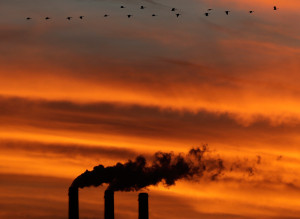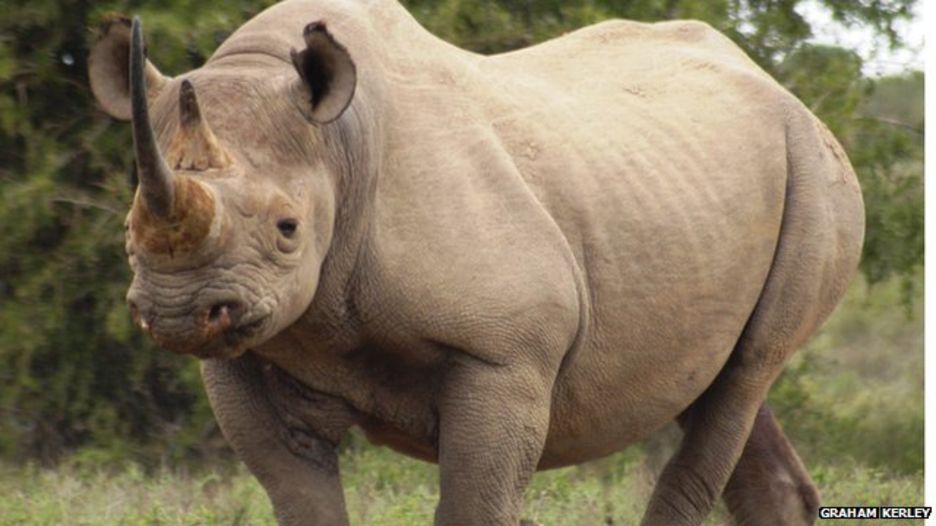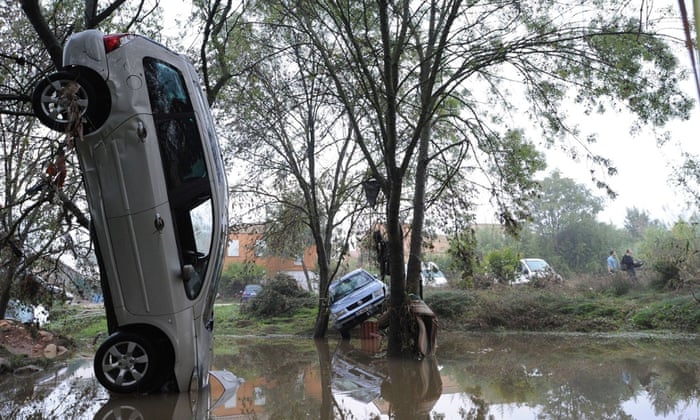 The atolls of the Marshall Islands are narrow and practically level with the sea, leaving their 68,000 residents nowhere to move to as a rising sea and increasingly frequent floods threatens to swamp the country. Unlike in many parts of the world where climate change often seems a distant threat, for the Marshallese it is already a daily reality.
The atolls of the Marshall Islands are narrow and practically level with the sea, leaving their 68,000 residents nowhere to move to as a rising sea and increasingly frequent floods threatens to swamp the country. Unlike in many parts of the world where climate change often seems a distant threat, for the Marshallese it is already a daily reality.
Keslynna’s grandmother, Rusina Rusin, said the land has been in her family for too many generations to count, passed down from mother to daughter in the country’s matrilineal social system. She said she has noticed the increasing unpredictability of the weather.
‚ÄėDisaster after disaster‚Äô hits Marshall Islands as climate change kicks in
Antarctic Ice Shelf Is A Few Years From Disintegration: NASA
The last intact section of one of Antarctica's mammoth ice shelves is weakening fast and will likely disintegrate completely in the next few years, contributing further to rising sea levels, according to a NASA study released on Thursday.
The research focused on a remnant of the so-called Larsen B Ice Shelf, which has existed for at least 10,000 years but partially collapsed in 2002. What is left covers about 625 square miles (1,600 square km), about half the size of Rhode Island.
Global Carbon Dioxide Levels Topped 400 PPM Throughout March In Unprecedented Milestone
 Average global levels of carbon dioxide stayed above 400 parts per million, or ppm, through all of March 2015 -- the first time that has happened for an entire month since record keeping first began, according to data released this week by the National Oceanic and Atmospheric Administration (NOAA).
Average global levels of carbon dioxide stayed above 400 parts per million, or ppm, through all of March 2015 -- the first time that has happened for an entire month since record keeping first began, according to data released this week by the National Oceanic and Atmospheric Administration (NOAA).
Scientists with NOAA's Earth System Research Laboratory have called the news a "significant milestone" in the growing scourge of man-made climate change.
Wildlife decline may lead to 'empty landscape'
 Populations of some of the world's largest wild animals are dwindling, raising the threat of an "empty landscape", say scientists.
Populations of some of the world's largest wild animals are dwindling, raising the threat of an "empty landscape", say scientists.
About 60% of giant herbivores - plant-eaters - including rhinos, elephants and gorillas, are at risk of extinction, according to research.
Analysis of 74 herbivore species, published in Science Advances, blamed poaching and habitat loss.
A previous study of large carnivores showed similar declines.
Extreme weather already on increase due to climate change, study finds
 Extreme heatwaves and heavy rain storms are already happening with increasing regularity worldwide because of manmade climate change, according to new research.
Extreme heatwaves and heavy rain storms are already happening with increasing regularity worldwide because of manmade climate change, according to new research.
Global warming over the last century means heat extremes that previously only occurred once every 1,000 days are happening four to five times more often, the study published in Nature Climate Change said.
The oil and gas boom has devastated ecosystems across the US
/cdn0.vox-cdn.com/uploads/chorus_asset/file/3635210/allred1HR.0.jpg) Drilling for oil and gas has caused long-lasting damage to ecosystems across Canada and the US, according to a study published today. The findings lend new weight to longstanding concerns over the resurgence in domestic fossil fuel production, as well as the complex land use regulations that make environmental monitoring more challenging.
Drilling for oil and gas has caused long-lasting damage to ecosystems across Canada and the US, according to a study published today. The findings lend new weight to longstanding concerns over the resurgence in domestic fossil fuel production, as well as the complex land use regulations that make environmental monitoring more challenging.
The paper, published in the journal Science, examines the impact of oil and gas production on terrestrial plant growth, using a metric called net primary production (NPP). NPP can be used to gauge the health of the ecosystem.
Fracking Increases Quakes in 8 States
Significant strides in science have been made to better understand potential ground shaking from induced earthquakes, which are earthquakes triggered by man-made practices.
Earthquake activity has sharply increased since 2009 in the central and eastern United States. The increase has been linked to industrial operations that dispose of wastewater by injecting it into deep wells.
The U. S. Geological Survey (USGS) released a report today that outlines a preliminary set of models to forecast how hazardous ground shaking could be in the areas where sharp increases in seismicity have been recorded. The models ultimately aim to calculate how often earthquakes are expected to occur in the next year and how hard the ground will likely shake as a result. This report looked at the central and eastern United States; future research will incorporate data from the western states as well.
More Articles...
Page 32 of 202

 Environmental Glance
Environmental Glance






























